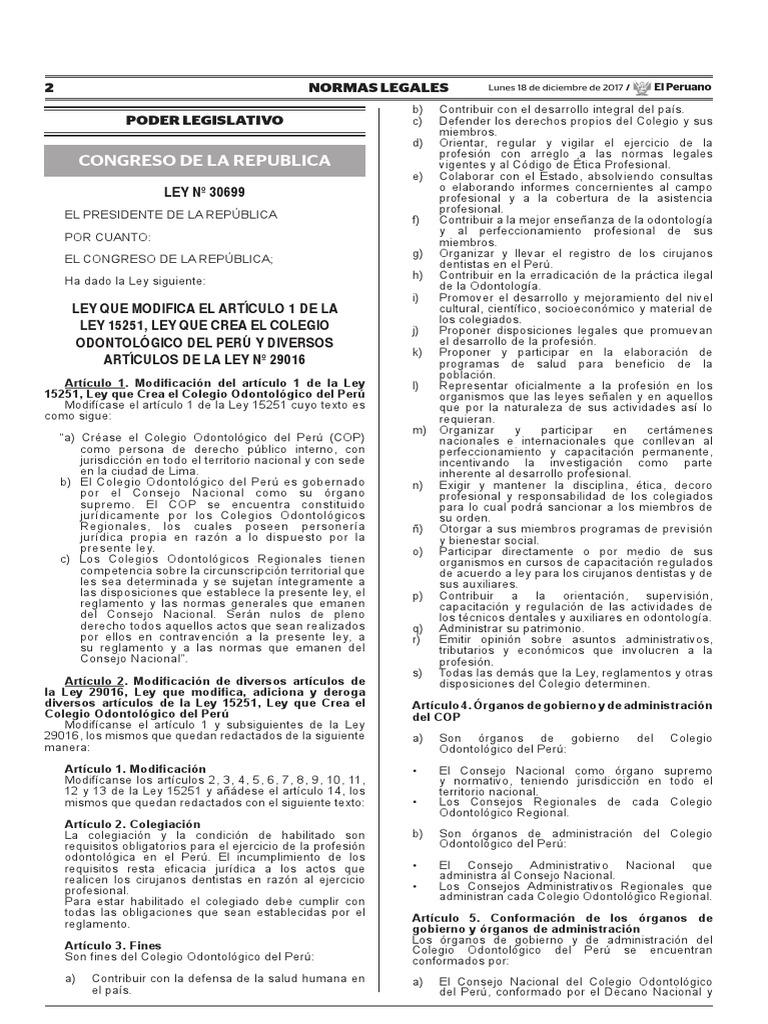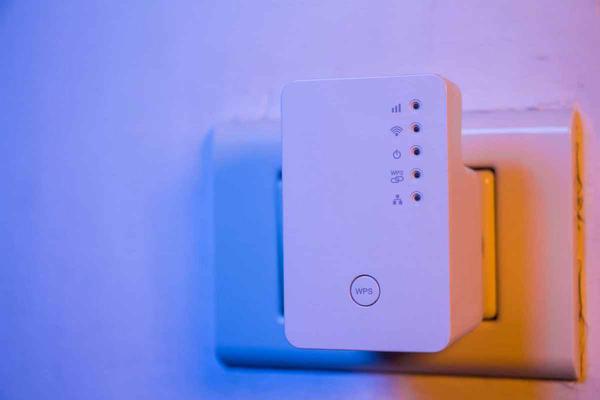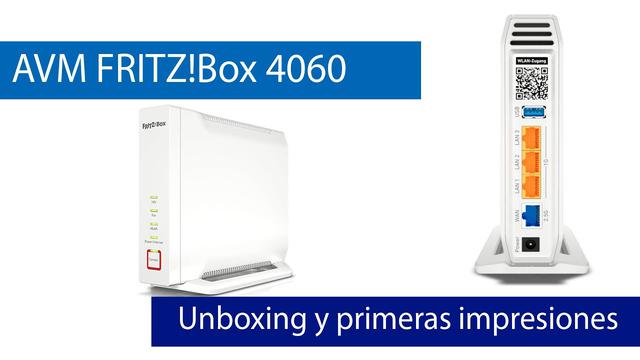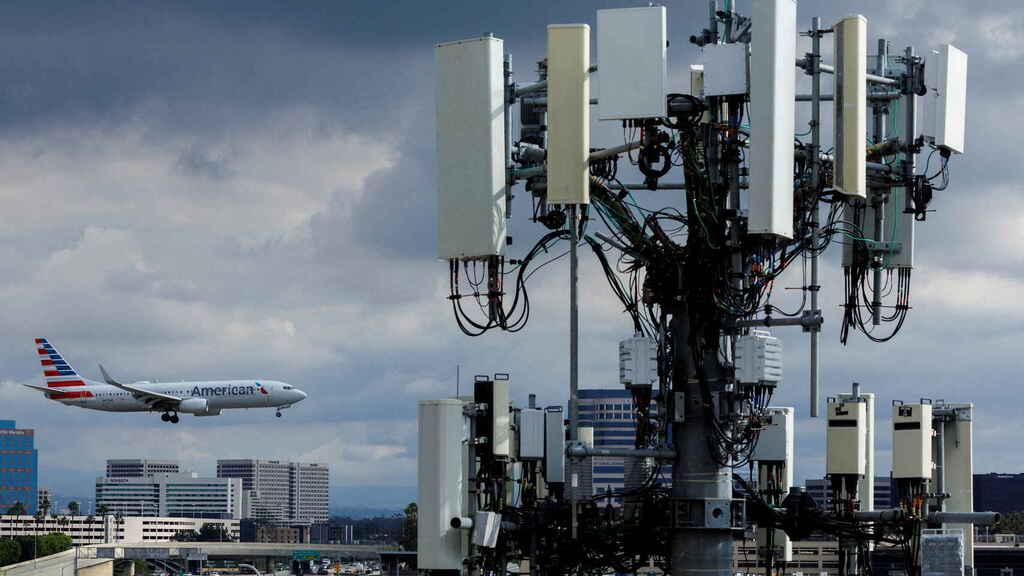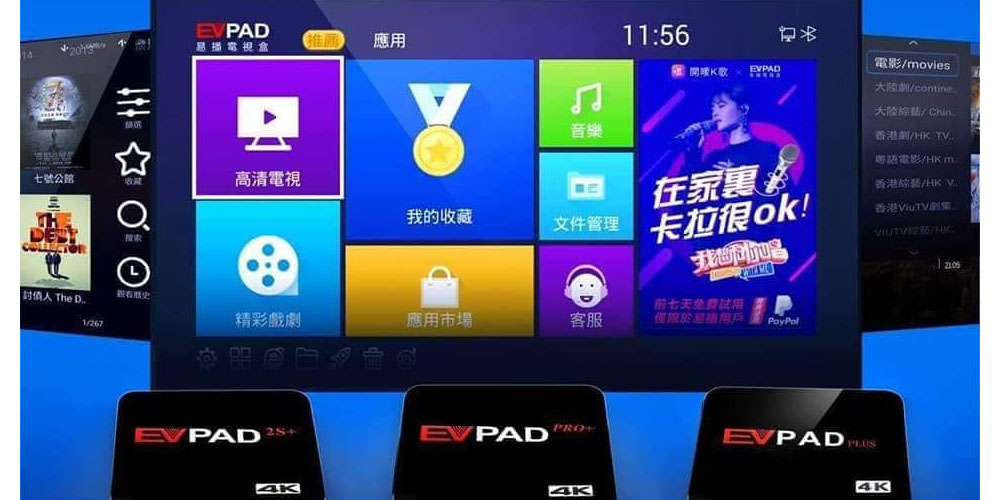Switch Lite vs.Switch vs.Switch Oled: Which one should you buy?
- Videojuegos
The OLED version is the most recent member of the Nintendo Switch family, and with three different versions of the same console, you could be asking: What is for me?Do I miss something with the simplest?Is it worth investing in the most expensive?We face the Switch Lite vs.Switch vs..Switch Oled and we present our verdict.
It will interest you:
specs
| Nintendo Switch | Nintendo Switch Lite | Nintendo Switch OLED | |
| Dimensiones (aproximadas) | 4 x 9.4 x 0.55 pulgadas (con Joy-Con) | 3.6 x 8.2 x 0.55 pulgadas | 4 x 9.5 x 0.55 pulgadas (con Joy-Con) |
| Peso (aproximado) | .66 libras (.88 libras con Joy-Con) | 0.61 libras | 0.71 libras (0.93 libras con Joy-Con) |
| Pantalla | LCD Capacitiva multitáctil de 6.2 pulgadas y 1,280 x 720 pixeles | LCD Capacitiva táctil de 5.5 pulgadas y 1,280 x 720 pixeles | OLED Capacitiva multitáctil de 7 pulgadas y 1,280 x 720 pixeles |
| CPU/GPU | NVIDIA Tegra | NVIDIA Tegra | NVIDIA Tegra |
| Storage | 32 GB de almacenamiento interno (opción a ampliar con microSD | 32 GB de almacenamiento interno (opción a ampliar con microSD | 64 GB (opción a ampliar con microSD |
| Wireless | Wifi (IEEE 802.11 a/b/g/n/ac) | Wifi (IEEE 802.11 a/b/g/n/ac) | Wifi (IEEE 802.11 a/b/g/n/ac) |
| Salida de video | Hasta 1080p por HDMI en modo TV y hasta 720p en pantalla interna en modo mesa y portátil | NA | Hasta 1080p por HDMI en modo TV y hasta 720p en pantalla interna en modo mesa y portátil |
| Salida de audio | Compatible con salida PCM lineal de 5.1 canales con salida a través de HDMI | NA | Compatible con salida PCM lineal de 5.1 canales / Salida a través del conector HDMI en modo TV |
| Altavoces | Estéreo | Estéreo | Estéreo |
| Botones | Encendido y volumen | Joystick izquierdo, joystick derecho, A, B, X, Y, L, R, ZL, ZR, botones +, -, panel de control, encendido, volumen, inicio y captura | Encendido y volumen |
| USB | USB-C | USB-C | USB-C |
| Toma de auriculares / micrófono | Estéreo de 4 polos de 3.5 mm (estándar CTIA) | Estéreo de 4 polos de 3.5 mm (estándar CTIA) | Estéreo de 4 polos de 3.5 mm (estándar CTIA) |
| Ranura para tarjetas de juego | Tarjetas de juego de Nintendo Switch | Tarjetas de juego de Nintendo Switch | Tarjetas de juego de Nintendo Switch |
| Ranura para tarjeta microSD | Compatible con tarjetas de memoria microSD, microSDHC, y microSDXC | Compatible con tarjetas de memoria microSD, microSDHC, y microSDXC | Compatible con tarjetas de memoria microSD, microSDHC, y microSDXC |
| Sensor | Acelerómetro, giroscopio y sensor de brillo | Acelerómetro y giroscopio | Acelerómetro, giroscopio y sensor de brillo |
| Temperatura de operación | 5 a 35 °C y20 a 80 por ciento de humedad | 5 a 35 °C y20 a 80 por ciento de humedad | 5 a 35 °C y20 a 80 por ciento de humedad |
| Batería interna | Litio-ionde 4,310 mAh | Litio-ionde 3,570 mAh | Litio-ionde 4,310 mAh |
| Battery life | Entre 4.5 y 9 horas | Entre 3 y 7 horas | Entre 4.5 y 9 horas |
| Charging time | Aproximadamente 3 horas | Aproximadamente 3 horas | Aproximadamente 3 horas |
| Disponibilidad | Disponible | Disponible | Disponible |
Design and characteristics
The three devices vary in design and admit a multitude of functions in all areas.Starting with the Nintendo Switch Normal, it can be used in portable, table or TV mode, hence its name.
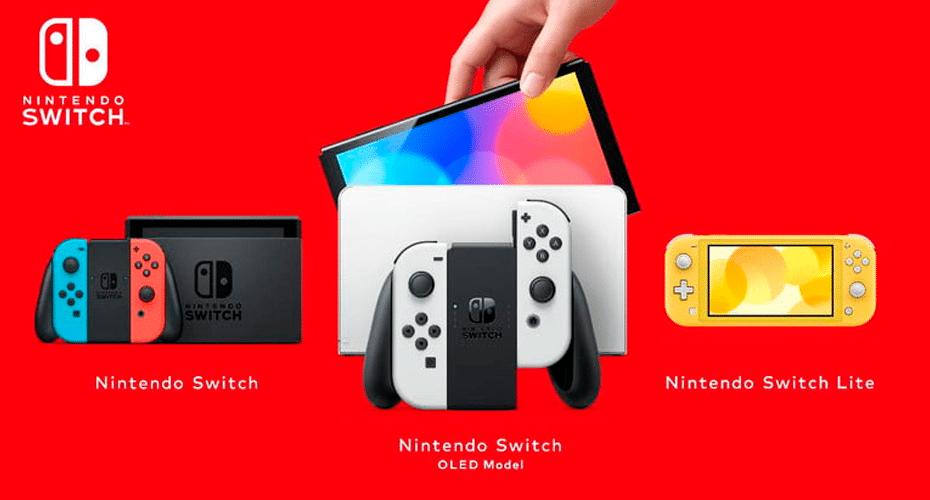
It comes with a base that connects to a TV, which allows you to “switchear it” of a hand -handed device to a domestic console. También cuenta con dos controladores Joy-Con, uno para cada lado, y se puede conectar a un Joy-Con Grip para funcionar de manera similar a un controlador estándar.
You can use the support foot on the back of the device to place it on a flat surface and play in table mode, perfect for those who travel with company.The device admits several players and is very fun when used in table mode.
Nintendo Switch OLED works the same, but it has a slightly larger 7 -inch screen compared to the 6 -screen.2 inches of the standard model.The OLED model also comes with an incorporated Ethernet port, which is not present in the standard model (although all models can connect to the Internet through WiFi).
The support foot is along the back of the device, which is an important step with respect to the thin and weak support of the original version.In addition to the OLED screen of the newest model, which will undoubtedly give you a much more clear image, with darker blacks and more contrast.
It is also supposed to consume less energy than an LCD screen, which is always good.At this point, it is worth mentioning that the OLED switch comes with a Joy-Con set and a white base that had not been used before.Finally, the OLED comes with 64 GB of integrated memory, unlike the 32 GB of the original.
As for Nintendo Switch Lite, it lacks many of the characteristics listed above.The most important thing is that it does not come with one base and is only compatible with portable mode, which throws the functionality of "switch" through the window.
Although many players prefer a dedicated hand device, this is not as bad as it seems.The Lite switch is not compatible with removable joy-with since it comes as one piece.
It has a smaller and light factor than its older brothers and is designed thinking about portability.The Switch Lite comes in a variety of colors that include gray, turquoise and yellow.
Despite this, you can actually connect different controllers wirelessly, although using them is more difficult since the device does not come with a support foot.It also has a shorter battery life than the other models, which is a shame, since portability is the main approach.
Like the original, the Switch Lite also comes with 32 GB of integrated memory, but it can be updated with microSD cards.Another inconvenience is the inability to admit high definition sound, which will not necessarily cause you too many problems, although this means that you cannot completely enjoy some games.
Controllers
One of the best features of the Switch device family is the versatility in its controller options.With the standard switch and the OLED model, you can interact with the device using the joy-with barely taking them out of the box.
Remember, these can be connected to the switch to work in portable mode, but they can also work in table mode or when reproduced on the TV.You can even turn them horizontally so that they work as a single controller in the games that admit this scheme, which means that the device comes with two operating controllers from the beginning.
Out of that, you can get a pro controller, which works more like a traditional gamepad to which you could be accustomed.It has some weight and is on par with an Xbox controller, which is ideal when playing on TV.
However, the pro controller can also be connected to the Switch and Switch OLED in table mode.We recommend this controller for games that require precision, such as Splatoon 2 or any first -person shooting game.
There are also wired versions that normally connect through USB, which can be connected to the base.These are third -party gamepads that vary in quality, so we often recommend following the original Nintendo options, if possible.
On the Switch Lite side, controllers are not a big problem, since they are designed to play alone in portable mode.You can connect controllers to it wirelessly, but with its smallest screen and the lack of a support foot, we really do not recommend doing it.
Even so, you can hold the device and use wireless controllers with it, such as the pro controller or joy-with.
Games
Regardless of the switch you buy, you should not have any difficulty in compatibility of games in all areas.The switch and the OLED admit the same titles, so you will have no problem.You can use cartridges or download them digitally from eShop without problems.
On the contrary, Switch Lite actually prevents you from playing a small selection of games, so you must know them before making your purchase.1-2 Switch and Super Mario Party require HD Rumble, which is not compatible with the Lite model.
There are also certain games that will work on Switch Lite, but they are less practical due to the small screen.For example, Just Dance 2020 and Ring Fit Adventure are two training games that are played better on a large screen to have a lot of space to move.
In addition, Nintendo Labo is not compatible with Switch Lite.
Price
Leaving the features aside, the price is usually one of the most important factors when selecting the appropriate device for you.Prices between switch devices do not fluctuate too much, but you must know their costs if you want to play with a limited budget.
A standard nintendo switch costs $ 300 and comes with a base, two joy-with (left and right), a joy-with grip and all the necessary cables to connect it.The device has not received a price drop since its launch in 2017, and it is not clear if it will be less expensive and when.
Nintendo Switch Oled, on the other hand, costs $ 350.With this, you are paying for a better and larger OLED screen, an improved support foot and an Ethernet port.Although, these characteristics may not seem valuable, some will choose to spend additional $ 50 dollars, especially if they plan to use the device in portable mode more.
The most affordable option is the Nintendo Switch Lite, which costs $ 200 dollars.Of course, you are losing the ability to reproduce it on the TV and will have a slightly lower battery life and the inability to play certain games in it.
Depending on your budget and what you want to do with the device, the Lite switch could be for you, especially if you travel frequently.
conclusion
There is no definitive option within the Nintendo Switch family because you must choose one according to your needs.However, we have recommendations for different players, according to what they are looking for.
First, if you already have a Nintendo Switch model, it is difficult to sell to update to the OLED model.The new functions are pleasant, but unless you are specifically looking for a larger and little better screen, you may want to continue with what you have.
Of course, certain retailers allow you to exchange your old hardware, so, depending on how much you can get for your switch, an update could be worth it.
It is also worth mentioning that the Joy-Con and the base are interchangeable between the OLED model and the standard switch, which is excellent for users who update.
If you still don't have a switch device, OLED is an excellent option and is the newest and most family functions.Since it is an update of $ 50 of the standard model, you can judge if it is worth it for you.
If you plan to play online with an Ethernet cable, we strongly recommend the Switch Oled, since the original requires a LAN adapter to play with a cable connection.But keep in mind that this will only work when they are coupled.
For those who seek to play informally, both in portable mode and on the TV, the standard switch will be its best option.You will not need the benefits of the extra $ 50 dollars of the OLED if you do not plan to play much anyway.
The Lite switch is better for players looking for the least expensive option.For $ 100 dollars less than the standard model, it is worth knowing the price difference.This is also an excellent option for those who only seek to use the device on a hand computer.
Families who want to play multiplayer games should at least consider standard or OLED models to play on the TV.It will not help you to have the most expensive versions if you just want to use the Nintendo Switch as a portable device, so that is something that you should take into account.

